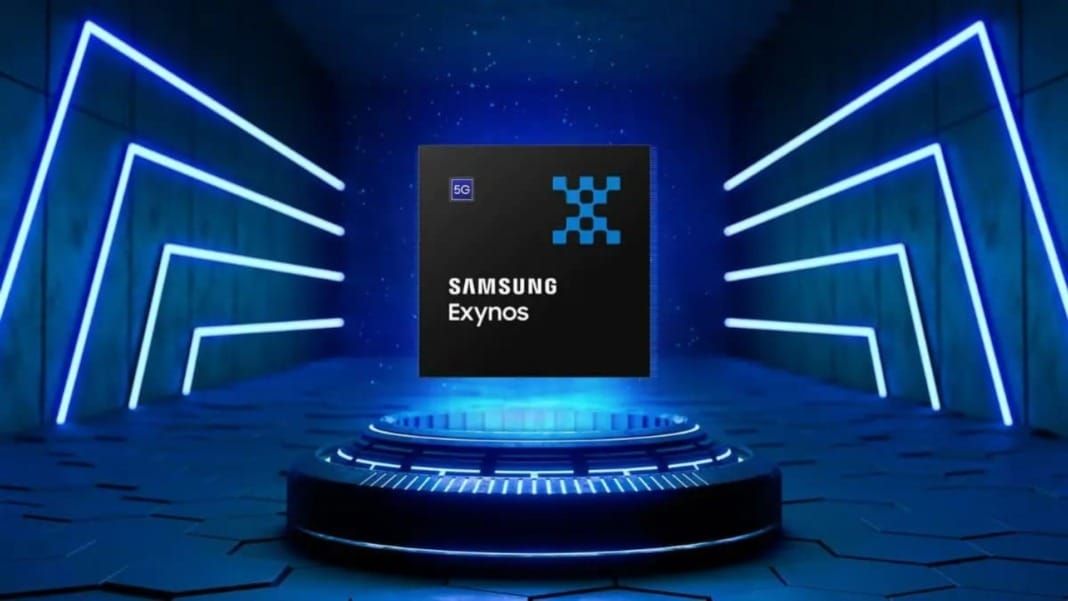Figma recently introduced an innovative tool named Make Designs that allows users to create app mockups quickly using generative AI. However, it faced significant backlash after producing designs resembling Apple’s iOS weather app. As a result, Figma CEO Dylan Field announced the removal of Make Designs, attributing the issue to his push for the team to meet deadlines and defending the company’s approach to AI development.
Similarities spark legal concerns
Andy Allen, CEO of Not Boring Software, took to X to highlight the uncanny similarities between Figma’s Make Designs outputs and Apple’s Weather app. “Just a heads up to any designers using the new Make Designs feature: you might want to thoroughly check existing apps or heavily modify the results to avoid legal trouble,” Allen advised.
In an interview on Tuesday, Figma CTO Kris Rasmussen addressed the controversy, clarifying that Figma did not train the AI models used for the tool. Instead, the generative AI features are powered by off-the-shelf models and a bespoke design system. “We did no training as part of the generative AI features,” Rasmussen explained, noting that this issue stems from the third-party models and design systems they employed.
Rasmussen’s statements echoed his earlier comments on X, where he assured users that Make Designs needed to be trained on existing apps. He stated that Figma is investigating how the similarities result from the third-party models versus the design systems they commissioned.
Figma’s AI training policies
Field reiterated in his posts that the Make Designs feature was not trained on Figma content, community files, or app designs, dismissing accusations of improper data training. He acknowledged, however, that the need for more variability in the designs was a significant problem.
The AI models powering Make Designs are OpenAI’s GPT-4 and Amazon’s Titan Image Generator G1. If Figma had not trained its AI tools yet, it would have produced designs resembling Apple’s apps, suggesting that OpenAI or Amazon’s models may have been trained on Apple’s designs. Neither OpenAI nor Amazon responded to requests for comment.
Rasmussen emphasised that Figma aims to be transparent about its AI training policies with users. Users have until August 15th to opt in or out of allowing their content to be used for Figma’s AI training. Starter and Professional plans are opted in by default, while Organisation and Enterprise plans are opted out.
Rasmussen hinted at future possibilities when asked if Figma plans to train its models. “We see opportunities to refine design workflows by training models to understand design in the context of Figma,” he said. However, he assured me that any training would focus on general design patterns and specific Figma design concepts.
Addressing future issues
To prevent similar issues, Rasmussen detailed the steps Figma is taking to improve its processes. “We’re reviewing our bespoke design system to ensure it meets our quality standards and has sufficient variation,” he stated. Additionally, Figma plans to implement more rigorous checks before re-enabling Make Designs to align with their quality standards and values.
Rasmussen reminded me that Make Designs is still in its beta phase. “Betas are inherently imperfect. As Dylan mentioned, we didn’t catch this issue, but we should have,” he admitted. Despite this setback, Figma expects to re-enable Make Designs soon, while other AI features remain available in beta for users on the waitlist.
Figma’s situation highlights the broader challenges tech companies face when integrating AI into creative tools. Adobe, for instance, had to reassure users it wouldn’t use their work for AI training following backlash over service changes. Similarly, Meta had to adjust its AI labels after photographers complained about mislabeling real photos.





